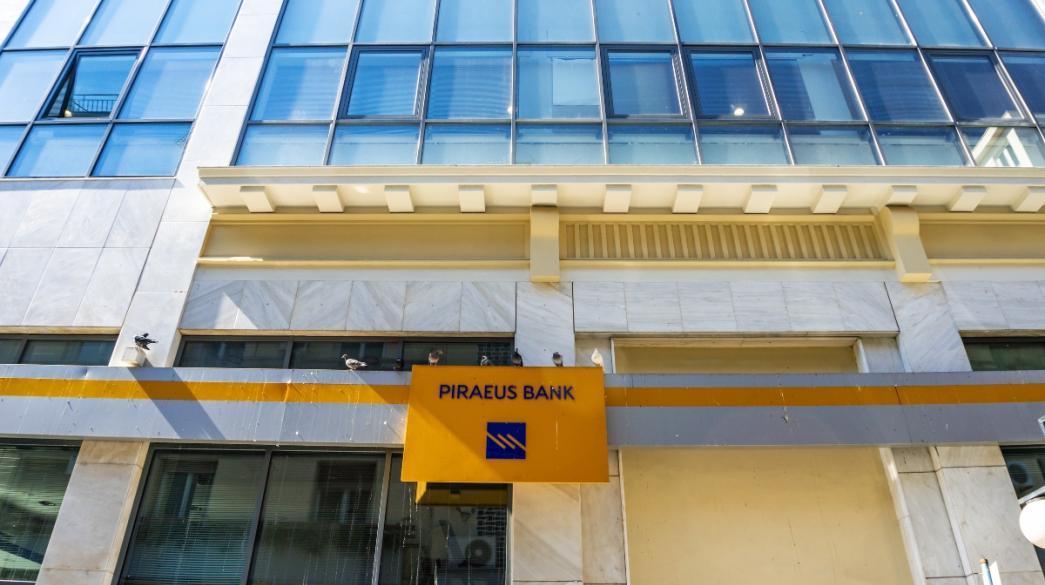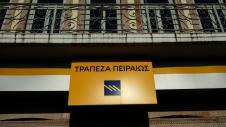The prospect of nationalizing Piraeus Bank, which is now considered to be the most probable development, was discussed at a meeting held yesterday by Prime Minister Kyriakos Mitsotakis, Bank of Greece governor Yiannis Stournaras, Piraeus Bank CEO Christos Megalos and the PM’s top economic advisor, Alexis Patelis.
The meeting followed a proposal put forth by the bank's shareholders for an 800 million euro share capital hike, which contains a number of conditions not accepted by the Hellenic Financial Stability Fund, raising concerns in the stock market. Piraeus Bank shares fell 24.26% after news of the proposal on Monday (27/10) and 9.6 % yesterday. In early trade today, the stock was down 18%.
According to sources, the sharp drop in share price and shrinking of the bank's market capitalization to 283 million euros has raised concerns about the transmission of the crisis to other banks, raising the risk of a wider systemic turmoil. It is noted that other banking stocks also recorded large losses yesterday, while the banking index closed with a fall of 5.67%, setting a new record low.
At yesterday's meeting, the issue of the high backlog of CoCos and the apparent decision of the SSM not to accept the repayment of the annual coupon was raised, as Business Daily reported on Tuesday, triggering the conversion of CoCos, amounting to 2 billion euros. in shares in favor of the Financial Stability Fund (FSF).
The SSM considers that the coupon cannot be repaid due to the relevant ban imposed by supervisory authorities on lenders distributing dividends, returning capital or purchasing own shares, as long as the banks receive support measures to deal with the pandemic. In reality, however, it is estimated that, especially after the new crisis triggered by the coronavirus, it is impossible to pay the three coupons coning due (2020-2022) totaling 495 million euros, on top of an additional 2 billion euros of CoCo's due at the end of 2022.
Failure to pay the coupon in early December will trigger the conversion of CoCos into shares. Thus, the stake held by the HFSF, and consequently of the government, in Piraeus Bank will rise to 61.3% from 26.3% today, giving it full control of Greece’s biggest lender.
It was stressed at the meeting that the change in the shareholder structure will not lead to other changes in the operation of the bank and that the current management will continue to implement ambitious transformation plans. The government's goal is to sell its stake to investors as soon as conditions allow.







